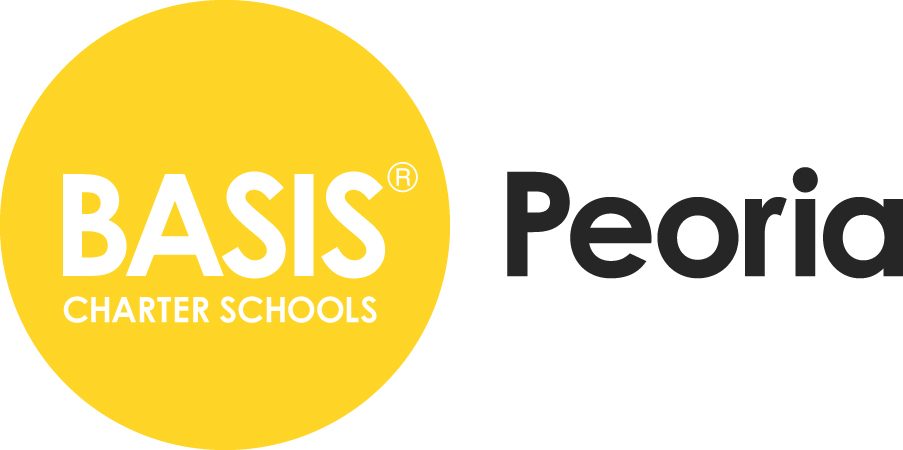Blog Post #6
Arnav K -
Hello everyone, welcome back to my blog post.
Now that I have gathered both win rates from Tabroom and case data from openCaselist, I have begun analyzing the results to determine what types of arguments contribute most to competitive success. This part of my research involves sorting arguments into policy-focused, critical-focused, or a mix of both, and then comparing their success rates across different rounds.
One issue I ran into was making sure the classification was accurate. A lot of rounds use many types of arguments, making it harder to categorize them into one specific group. To fix this, I made a set of guidelines that focus on whether the case primarily discusses the resolution’s policy implications or shifts to broader societal issues that are not related to the topic being discussed. I am also using AI to go through cases and predict which debater was more likely to win based on argumentation style, then comparing this prediction to the actual winner of the round.
So far, I’ve found that critical arguments show up a lot, but their effectiveness varies based on different factors. Some debaters using them win frequently, while others do not, which suggests that success may depend on execution rather than just argument choice. My next step is to finish categorizing all the cases and interpreting what these trends mean for debate as an educational activity.
Once I have all my findings organized, I will be able to see if these types of arguments are actually impacting debate’s educational value or if other factors are at play.

Comments:
All viewpoints are welcome but profane, threatening, disrespectful, or harassing comments will not be tolerated and are subject to moderation up to, and including, full deletion.